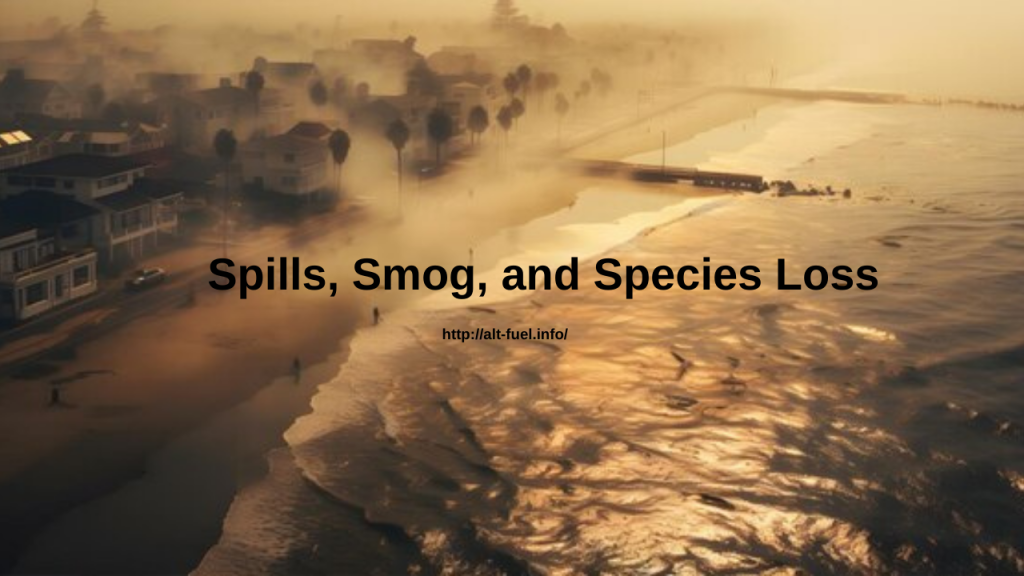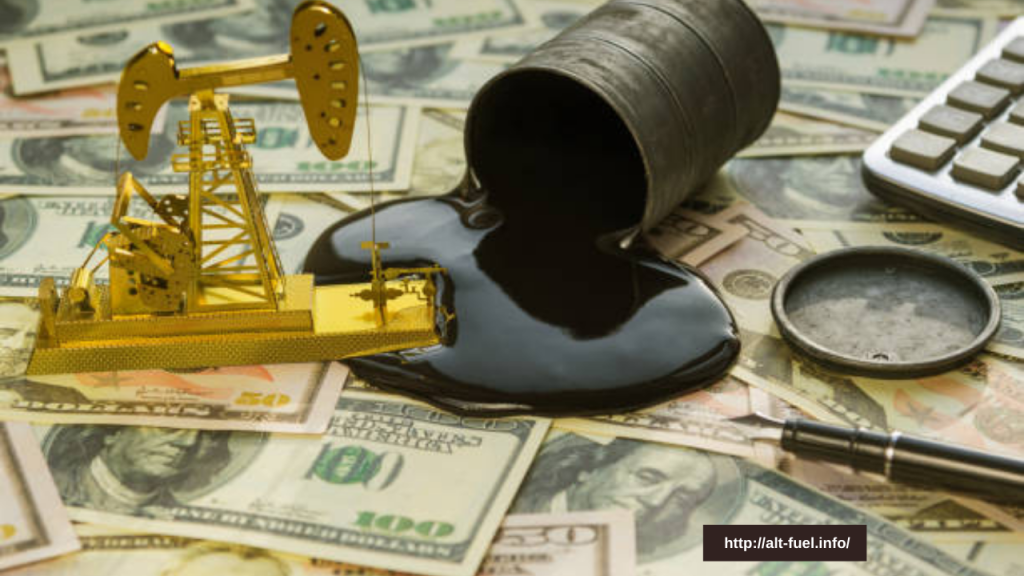
Addiction often hides behind routines that seem normal until the consequences become undeniable. North America’s heavy reliance on oil reflects this truth. While petroleum fuels transportation and industry, it also leaves behind a trail of environmental and human costs. From oil spills polluting waterways to smog affecting public health and species loss disrupting ecosystems, the toll is significant. Like personal addiction, dependence on oil creates cycles of harm that require honest reflection and intentional recovery.
At alt-fuel.info, we know that healing is never just about stopping destructive behavior. It is about addressing the deeper damage, rebuilding balance, and finding healthier ways forward. These same principles apply when examining the hidden costs of oil dependence across North America.
The Widespread Impact of Oil Spills
H2: Contamination of Water and Land
Oil spills devastate rivers, coastlines, and soil. Once spilled, oil lingers for decades, suffocating fish, poisoning birds, and contaminating drinking water sources. Just as unresolved trauma continues to affect an individual until treated, these environmental wounds persist long after the initial disaster.
H3: Communities Left Vulnerable
Oil spills are not only ecological crises but also human ones. Coastal communities lose livelihoods, Indigenous populations face cultural disruptions, and families are left with polluted environments. These struggles mirror the isolation and uncertainty individuals face in addiction, reminding us that recovery is as much about restoring communities as it is about healing individuals.
Smog and the Burden on Public Health
H2: The Link Between Oil and Air Quality
Burning oil for transportation and power releases pollutants that contribute to smog. This not only worsens climate change but also impacts human health, increasing rates of asthma, heart disease, and anxiety linked to poor air quality. The connection between environmental health and mental health is undeniable. Breathing unclean air every day places stress on the body and mind, similar to how ongoing addiction takes a silent but powerful toll.
H3: Emotional Weight of Living with Pollution
Families living in high-smog areas often experience fear for their children’s health, frustration over limited options, and grief for what has been lost. These emotional burdens parallel the struggles of individuals navigating addiction recovery, where unseen stressors weigh heavily on progress. Healing in both cases requires care that acknowledges the whole person: body, mind, and spirit.
Species Loss and Ecological Decline
H2: Oil’s Role in Habitat Destruction
Pipeline construction, drilling operations, and oil spills destroy and fragment habitats. From salmon in the Pacific Northwest to caribou in Canada, species across North America are declining as oil-driven development reshapes ecosystems. This ecological unraveling is like the isolation addiction creates, cutting individuals off from their support networks and vital connections.
H3: Why Biodiversity Matters for Recovery
Biodiversity provides more than beauty. It sustains food systems, protects water sources, and regulates climate. Its decline threatens stability for all life, much like how untreated addiction destabilizes families and communities. Protecting ecosystems is not only an environmental duty but also a form of collective recovery.
Toward Healing and Renewal
H2: Building Healthier Patterns
Just as recovery involves replacing destructive behaviors with healthier choices, reducing oil dependence means investing in alternatives. Renewable energy, public transportation, and sustainable policies can reduce the harm caused by fossil fuels. This path mirrors holistic healing, where growth comes not only from removing what is harmful but from actively cultivating what is life-giving.
H3: A Compassionate Call to Action
At alt-fuel.info, we believe in healing that honors the whole person. We also believe the planet needs the same care. Addressing oil dependence requires compassion, vision, and commitment to healthier patterns. Whether healing an individual or restoring ecosystems, change is possible when we choose courage over complacency.
Choosing Recovery for People and the Planet
North America’s dependence on oil has hidden costs that are no longer easy to ignore. Spills, smog, and species loss are reminders that the price of this addiction reaches far beyond convenience. Yet recovery—whether for individuals or societies—begins with awareness and grows through action.
If you or someone you love is struggling with addiction, we invite you to reach out. At alt-fuel.info, we offer holistic, faith-based, and individualized care that helps people rebuild healthier lives. Together, we can create a future where both people and the planet can heal.
Your path to renewal can start today.
